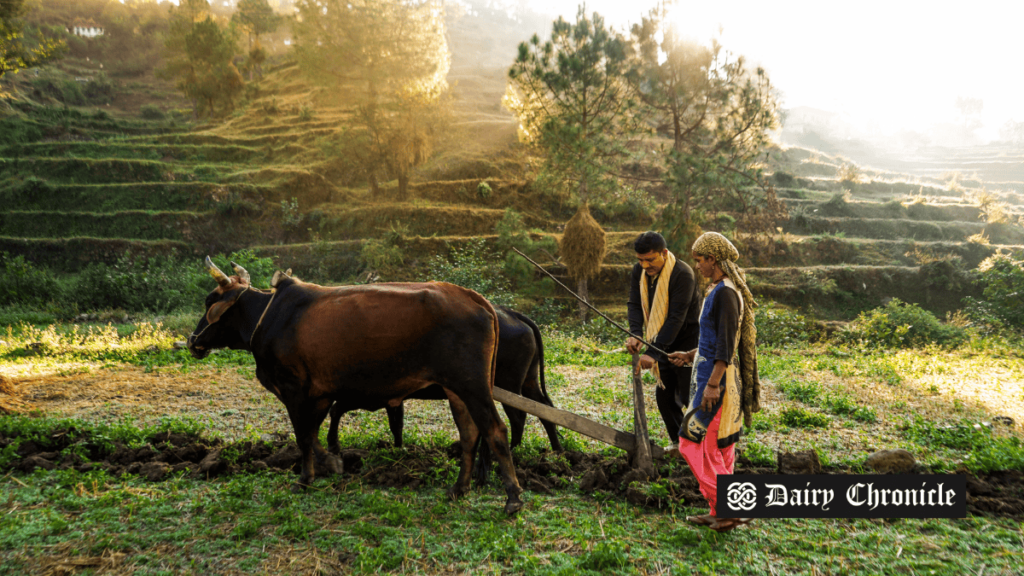The Income Tax Bill 2025 introduces taxation on high-income farming and dairy earnings in India, marking a major shift in the country’s tax policy. While small farmers remain exempt, large agribusinesses and dairy enterprises will now be subject to progressive taxation. The government aims to curb tax evasion and boost revenue for agricultural development.
The Indian government has proposed a major change in tax policy with the introduction of the Income Tax Bill 2025, bringing high-income farming and dairy earnings under taxation for the first time. This move is aimed at preventing tax evasion and ensuring fair contributions from large agricultural enterprises while exempting small farmers.
For decades, agricultural income in India has been tax-free, allowing many individuals and businesses to claim exemptions. However, the government has identified cases of misuse where non-farmers declared their earnings as agricultural income to avoid taxation. The new bill seeks to close these loopholes and improve tax compliance.
According to the proposal, only those earning above a specified threshold will be taxed under a progressive structure:
| Income Slab (Annual) | Tax Rate |
|---|---|
| Up to ₹2.5 lakh | 0% (Exempt) |
| ₹2.5 lakh – ₹5 lakh | 5% |
| ₹5 lakh – ₹10 lakh | 10% |
| ₹10 lakh – ₹25 lakh | 20% |
| Above ₹25 lakh | 30% |
Who Will Be Taxed?
The bill primarily targets large-scale agricultural enterprises, corporate farms, and dairy businesses with substantial profits. Farmers involved in value-added products and landowners leasing large tracts for commercial farming will also be taxed. However, small and marginal farmers, subsistence farmers, and those earning purely from traditional crop sales without large-scale profits will remain exempt.
Government’s Rationale
Officials argue that the tax revenue generated will be reinvested into agricultural infrastructure, subsidies, and development programs. “This policy ensures that those making substantial profits contribute their fair share while protecting small farmers,” stated a senior official from the Income Tax Department.
Impact on Dairy Industry
The dairy sector will also be affected, as large dairy businesses will now fall under the taxable category. However, small dairy farmers who operate on a subsistence level will not be impacted.
How Farmers Can Reduce Tax Liability
Farmers and agribusinesses can still benefit from deductions and exemptions:
- Depreciation Benefits: Machinery and farming equipment can be written off over time.
- Agri-Tech Investments: Spending on technology, irrigation, and sustainability can qualify for deductions.
- Reinvestment Exemptions: Profits reinvested in agriculture may remain tax-exempt.
- Government Subsidies: Certain projects and schemes offer tax relief.
How to Stay Compliant
Farmers and dairy businesses subject to taxation should: ✔ Maintain detailed records of income, expenses, and transactions.
✔ File annual tax returns on time.
✔ Seek professional tax advice for deductions and exemptions.
✔ Use digital payment methods for transparency.
The Income Tax Bill 2025 is expected to be rolled out in FY 2025-26. While many in the agricultural sector are apprehensive, the government insists that the policy is necessary to ensure fair taxation and economic growth.



